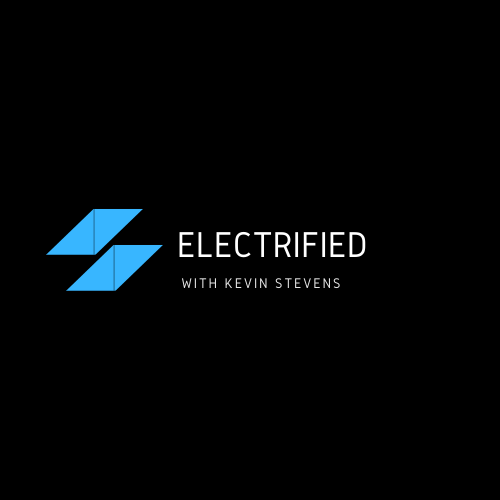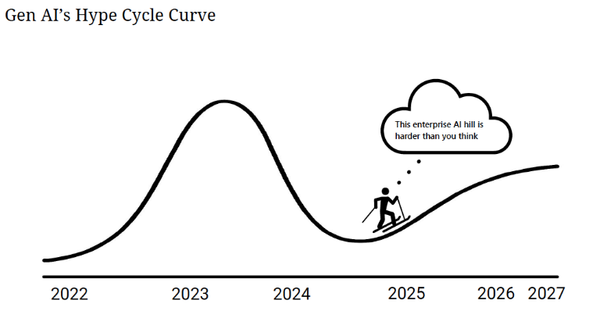Electrified - Issue No. 37
Our gain is their loss

Hi friends,
It’s August in Dallas and that means only one thing… oppressively hot weather.
This week, I planned to cover the highlights from earnings around the energy industry. But, one story felt more important than all of them so I’ll do that next Sunday.
👉 Join our community by signing up here.
Imagine for a moment that Ford announces they are no longer producing the F150 due to lack of demand or Nike announcing they were going to wind down their sneaker business by 40% over the next decade - and their stock INCREASES by 10%.
That’s not too far from what happened this week when BP announced they will slash oil and gas production by 40% over the next decade while increasing it’s annual investment in low-carbon technology 10x to $5B by 2030.
For good reason, skeptics quickly emerge when these types of announcements are made. It’s easy to accuse oil and gas majors of “greenwashing” because the targets are far off and the plans are often opaque. But this feels different.
In the same shareholder call, BP announced that this new direction combined with the current oil and gas market will cost 10,000 people their jobs and it’s unlikely any of them became massively wealthy from fossil fuels.
BP is not alone, Exxon announced they would halt employee retirement matching despite the fact they will continue to pay dividends to shareholders.
Why are they continuing to pay the dividend? Because it’s probably the only way to keep shareholders from leaving en masse over the next few years.
There is zero doubt an energy transition is needed, and that we're in the early stages of that shift. It’s easy, and natural, to celebrate the progress that comes at a cost to our competition.
But, as I’ve tweeted before, we also must remain empathetic to the hundreds of thousands of people dependent on the industry who will no longer have a job or have retirements wiped out by this shift. Keep that in mind as we celebrate progress.
👉 If you enjoy reading Electrified, please share it with friends!
Links:
— Hackers Could Use IoT Botnets to Manipulate Energy Markets
— Amid power outages, CEO of generator maker anticipates ‘massive change’ coming to the grid
Go deeper:
1.
Taken together, these and other cases demonstrate that too many power and gas companies have sought to exercise undue influence over the governments that nominally control them.
The monopoly gas and power companies are lucrative enterprises by their nature, and their rates are generally under direct government control. Using money to influence politicians and regulators is nothing new.
I highly recommend this op-ed, it’s a great look at how utilities are able to play both sides of the political spectrum and how regulated monopolies have more to gain from spending on lobbying than most businesses.
2.
The researchers caution that, based on their analysis, much smaller demand fluctuations than you might expect could affect pricing, and that it would take as few as 50,000 infected devices to pull off an impactful attack.
For hackers, the rewards could be significant. The researchers calculated that by running an attack for three hours per day, 100 days per year, market manipulators could take home as much as $24 million a year. And a determined saboteur could use the same type of attacks to cause as much as $350 million per year in economic damage.
— Hackers Could Use IoT Botnets to Manipulate Energy Markets
3.
“We think that there is a massive change coming real soon in the grid,” he said. “You’re going to see a lot more decentralized, on-site power generation, from solar to wind. Batteries are a key component of that, of course, because you need to be able to store that energy so that you can use it and deploy it at different times during the day.”
— Amid power outages, CEO of generator maker anticipates ‘massive change’ coming to the grid
What I’m thinking about
The rapid acceleration of community-driven investment organizations. People are no longer just investing for a return, they’re investing to belong to something bigger than themselves.
See you next weekend,
Kevin


